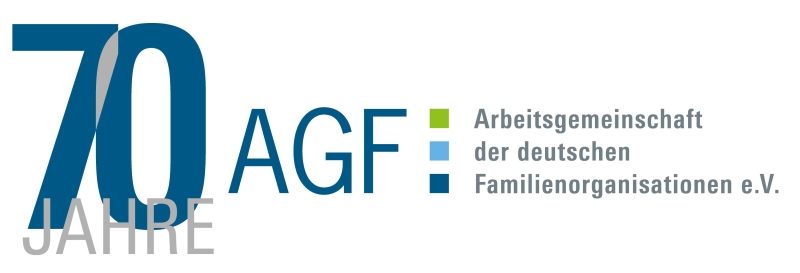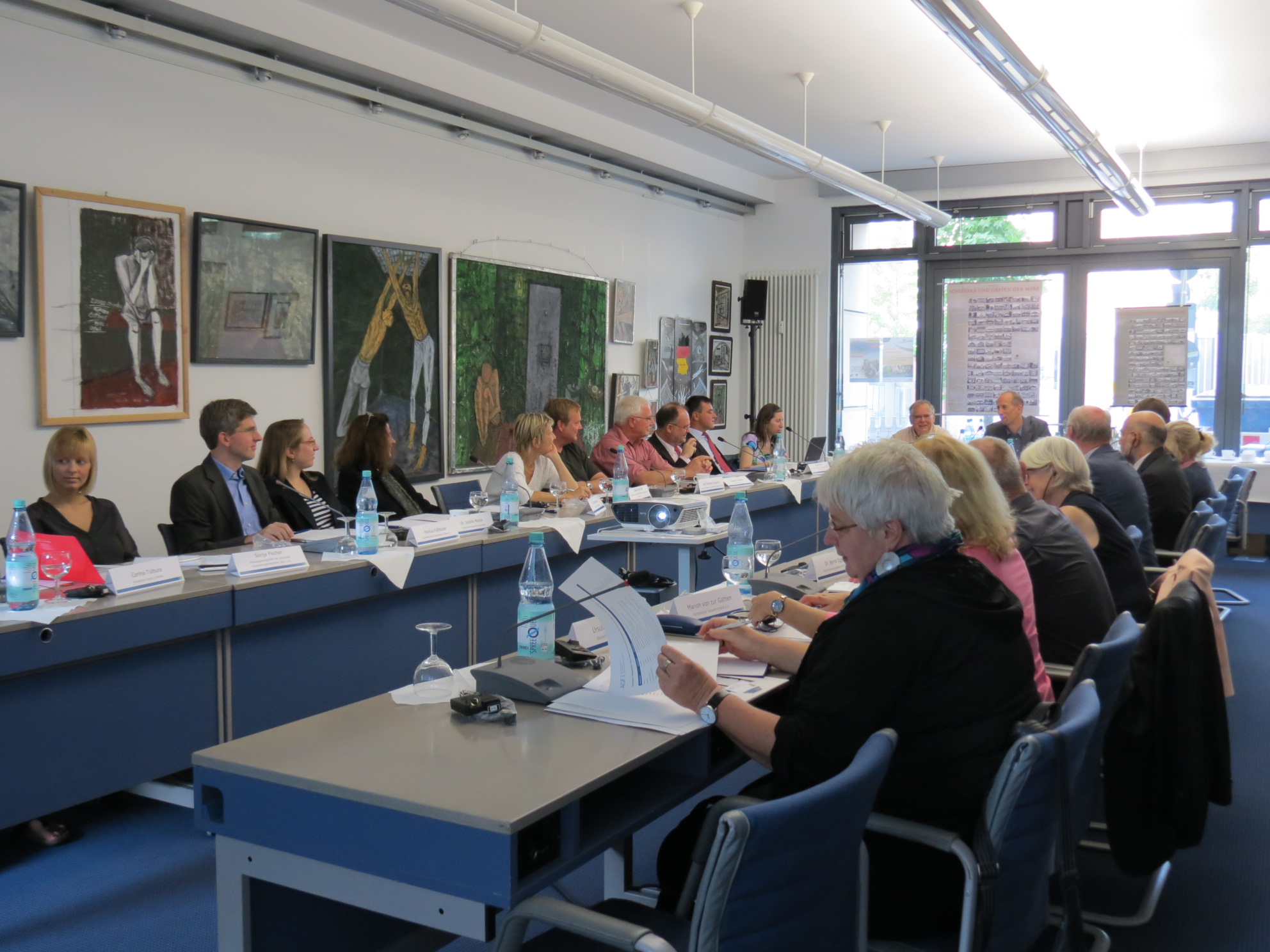On Friday, 30 August 2013 European Experts met in Berlin to discuss: “No Space for Families? Inclusion and Housing”. The Expert meeting focused on the connection between the concept of inclusion and housing as well as the housing situations of families in different european countries. A close look was given to the situation in Germany, Italy and Great Britain and the perspective of the European level. The documentation will be available soon.
No Space for Families? Inclusion and Housing
Expert Meeting, 30 August 2013
Venue: Deutsche Gesellschaft, Voßstraße 22, 10117 Berlin
Agenda:
11.00 – 11.05 h
Welcoming
11.05 – 11.15 h
Introduction: Inclusion for Families – What does Inclusion mean from a family perspective?
11.15 – 12.20h
Input: Examples from EU Member States
No Space for Families: Insights into the EU Member States
Germany
Lukas Siebenkotten, Deutscher Mieterbund
Italy
Teresio Poggio, University of Bozen
Great Britain
Christine Whitehead, London School of Economics and Political Science
12.20 – 13.00 h
Inclusion and Housing
Detlef Baum, University of Applied Sciences Koblenz
13.00 – 13.45 h
Lunch Break
13.45 – 15.00 h
Discussion: Inclusive Housing for Families within the EU
15.00 – 15.45 h
Opportunities for action at EU level
Özgür Öner, CECODHAS Housing Europe
15.45 – 16.00 h
Conclusions
16.00 h
Farewell and End
Background information
The Inclusion Debate:
„Inclusion“ is object of many current debates, most of them with a focus on the lack of participation for handicapped people. Often, those debates are based on the recently adopted UN-Convention on the Rights of Persons with Disabilities. But the concept of inclusion is not confined to this special group. Inclusion means to accept and appreciate the variety of human beings. It aims on granting full participation in all sectors of society for each individual. This can only be realized, when the individual needs will be recognized adequately throughout all aspects of everyday life.
Inclusion and Families:
In many areas, the necessary equity of chances does not yet exist. Instead, families often experience structural disadvantages. Though, which role plays inclusion for families? Where have to be identified barriers and obstacles for families, hindering them to develop independently from their personal / individual attributes (e.g. economical background, education, type of family)?
Housing: Inclusion and Exclusion of Families
Housing has always been crucial, also for families. Currently, the access to decent and affordable housing is discussed not only in Germany but throughout the EU: everywhere in Europe families experience disadvantages at the housing market, the situation is getting worse especially in congested areas. Not only are the rising costs for housing under discussion but also the real living conditions. Are they appropriate for the needs of families? How do they address the needs of elderly and children? How welcoming is the surrounding, what`s the neighbourhood like and what about infrastructure and noise? Children and families are often unwanted neighbours. So many families withdraw in remote city areas, in too small flats or in less desired boroughs.
The ongoing economic and financial crisis in the EU exacerbates the existing problems for families. Joblessness and the shortcut of social services are followed by lower incomes. Especially in southern Europe countries, families are facing eviction.
Guiding Questions:
- What does inclusion mean? Definition, Expectations, Objectives
- Where do families experience exclusion? Housing in a comparative European view: barriers for families, aspects influencing exclusion/inclusion, current developments
- What are the consequences?
- How can inclusion be reached? Which solutions have the families found so far? How can their needs be permanent recognized at the housing market? What measures or good practices are implemented in the member states?
- Are their overlappings to other inclusion processes (social inclusion, cultural inclusion…)?

